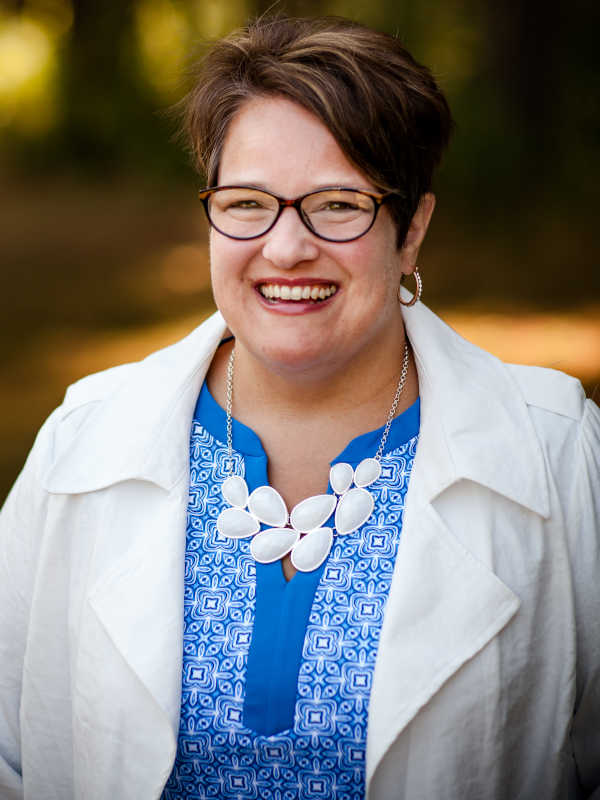Celebrating the Neurodiversity of FASD
By Renee M. Orr, LMSW
September 2022

FASD (Fetal Alcohol Spectrum Disorder) is often unknown in our society. There is a stigma attached to this diagnosis for various reasons. Mothers often do not wish to self-report having drank (whether single binge episode or daily occurrence) during a pregnancy. In the medical field, some experts continue to believe that without facial features, FASD cannot be present in a child. Factually, this is untrue, facial features are present in an individual only if consumption occurred on very specific dates of pregnancy. "One glass of wine is ok for the baby and will calm your nerves" used to be told to women by doctors or other professionals in late pregnancy. The truth is there is NO known safe amount or safe time to consume alcohol during pregnancy. Oftentimes, whether planned or unplanned, women are pregnant before they even realize such. What we DO know factually, is that alcohol will impact brain development on any day of the pregnancy in which it is consumed. This impact creates permanent, irreversible damage in the brain functionality of the fetus.
Impacts of FASD vary from child to child depending on when, how much, and how long the fetus was exposed to alcohol. FASD causes primary, secondary and tertiary characteristics in children. Primary impacts relate to how the brain functions and often causes some behavioral self-expression in the child. These can be learning difficulties that present themselves in school, poor short term memory, lack of impulsive control, sensory input differences; to name a few. These primary characteristics all relate to the brain difference itself and will impact all children exposed to alcohol in utero. The secondary (individuals reactions to primary concerns) and tertiary (impacts of individuals reactions to primary concerns) characteristics stem from lack of support, needs of the individual not being met, and expectations of individual being higher than their skill set/abilities. Essentially, there is a poor fit between the needs of the person with FASD and the expectations of the environment they are living in. Recognizing this improper fit, and aggressively working to alter it, is the place where our society can develop true change in outcomes for the person living with FASD.
Recognizing this improper fit, and aggressively working to alter it, is the place where our society can develop true change in outcomes for the person living with FASD
If the improper fit comes from expectations being higher than skill set, than we-as caregivers to those with FASD-must alter our expectations. Diane Malbin, author of Trying Differently Rather Than Harder, refers to this as the "Logic Model". If a person has a disability, then simply, it is our job to accommodate. FASD is a physical condition, a disability of the brain. The behaviors being displayed that parents often seek therapy for are the symptoms of the disability. If the behaviors are disability symptoms, we must accommodate for these behaviors (symptoms) as the parent/caregivers. This requires that parents, caregivers, supports, or teachers develop a different way of thinking about the child, their brain, and the behaviors. The helping person must understand that the behavior is indicative of a "can't not a won't" functionality of the brain. The work is hard, accepting the brain difference and finding peace in the accommodations is hard. However, families that have embraced this model and shift in thinking, have had great success in their home.
Some studies show that FASD is 5 times more prevalent than Autism and 28 times more prevalent than Downs Syndrome, yet there is very little awareness or supports for families. September is Fetal Alcohol Awareness Month, with September 9, being International FASD Day. Groups that support FASD families wear Red Shoes throughout the month, and on 9/9, to bring about some awareness. So, Rock The Red Shoes and begin your journey in supporting those in our community living with or caregiving to FASDs.
About the Author

Renee M. Orr, LMSW
Renee M. Orr, LMSW, has been providing therapeutic services to children and families for over 25 years. Having worked in foster care and child welfare for the vast majority of her career, she has specialized training in children and trauma. Renee has spent many years focusing her career on helping families with FASD and trying to bring awareness to this disability. Renee often does trainings for clinicians, social workers, caregivers, and others working with children who might have been exposed to alcohol in utero. Renee's focuses a good deal of her practice on working with parents to better help them shift their thinking in how best to parent to this disability. She also parents children with FASD in her home. Renee Rocks her Red Shoes every September for FASD Awareness
